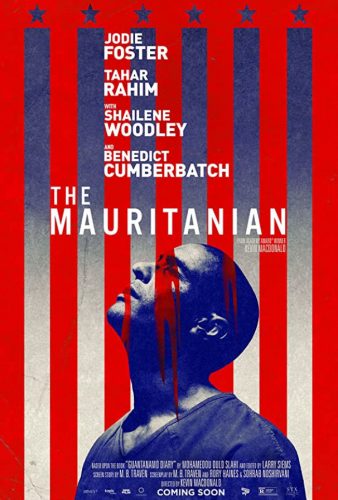
“The Mauritanian” and the hollow lie of American justice
At the end of “The Mauritanian”, Kevin Macdonald’s legal drama, a series of images and clips play over the credits.

At the end of “The Mauritanian”, Kevin Macdonald’s legal drama, a series of images and clips play over the credits.
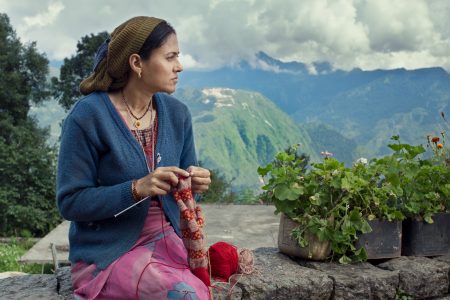
There’s often a disconnect that comes with films that seek to present the lives of the poor.
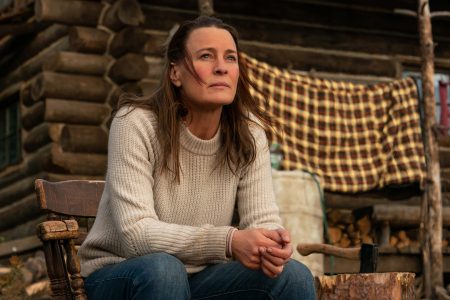
Directorial debuts from actors are always interesting for the insight they give into performers and their creative instincts.
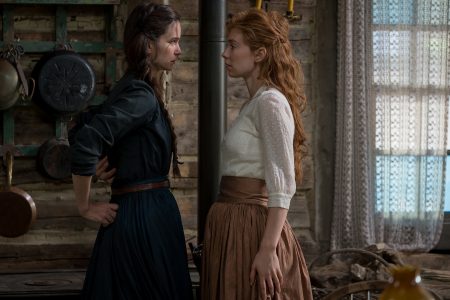
Mona Fastvold’s “The World to Come” had its world premiere last year at the Venice Film Festival, where it won the Queer Lion for best LGBT-themed film.

There’s a scene in the second hour of “I Care A Lot” where unrepentant awful person Marla Grayson is threatened with death.
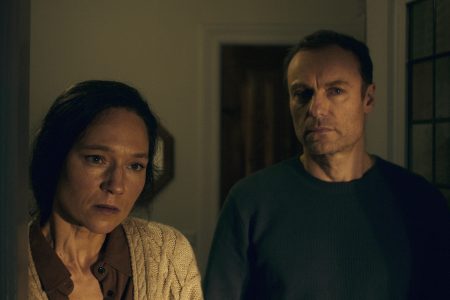
What are the limits of the traditional (white) nuclear family? By pure coincidence, two films from Sundance this year investigated the breakdown of the nuclear family in ways that seemed to reflect the increasingly fractured socio-cultural dynamics of life in the 21st century.

“What is this place?” That’s the first line of dialogue spoken in Lee Isaac Chung’s “Minari” and it’s a question that reverberates through much of the film.
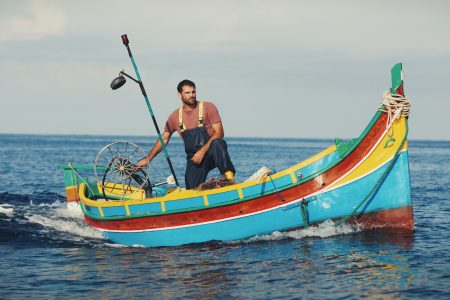
“Luzzu”, Alex Camilleri’s feature-film debut, is named after a particular traditional fishing boat used in the Maltese islands.
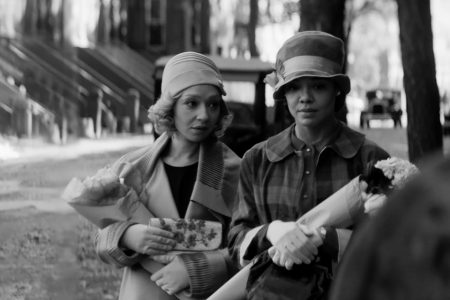
In 1920s Harlem, two childhood friends have a chance reunion. Irene, our mixed-race protagonist, is the wife of a black doctor.
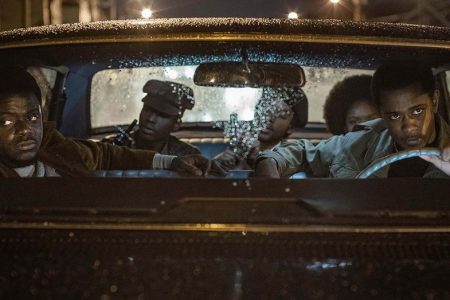
In December 1969, a tactical unit of the Cook County State Attorney’s Office, the Chicago Police Department and the FBI performed a raid on an apartment in the city.

There’s an unwavering earnestness that the new action horror film “Shadow in the Cloud” exudes in every minute of its run-time.

Up until quite recently you might not have heard of Golda Rosheuvel, the Guyanese-born British actress who has won the attention of audiences around the world for her scene-stealing turn as Queen Charlotte on Netflix’s period drama “Bridgerton”.
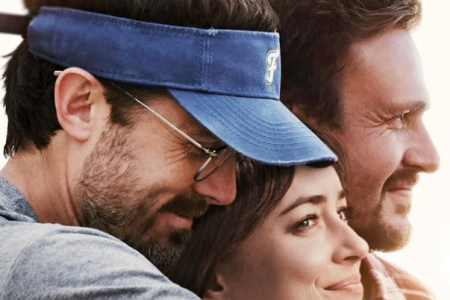
In 2015, Matthew Teague published an essay in Esquire magazine. The entry-point was about his wife’s cancer-diagnosis and untimely death, but the essay’s focus was the way that one of their friend’s became a dependable fortress that helped the family through the ordeal.
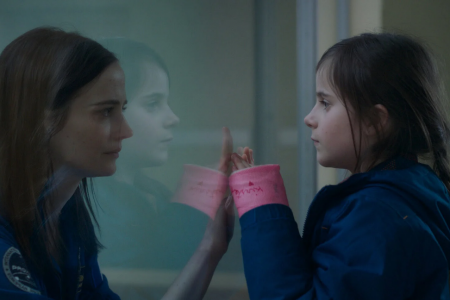
In “Proxima,” the allure of a trip to another planet comes to symbolise the inevitable isolation of being a human in the world.

The most recent Pixar film, “Soul”, dropped on Disney Plus at the end of 2020 to bring some existential philosophising to the holiday season.
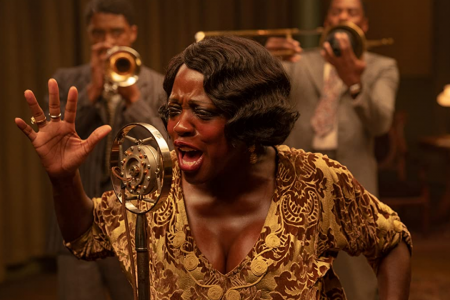
August Wilson’s 1982 play “Ma Rainey’s Black Bottom” – one of the ten-play Pittsburgh Cycle by Wilson – uses the historical figure of Ma Rainey, famed blues singer, to explore issues of black pain, and black art.

What is the allure of a palindrome? The question lingered through much of Christopher Nolan’s “Tenet,” which presents itself as a kind of filmic palindrome.
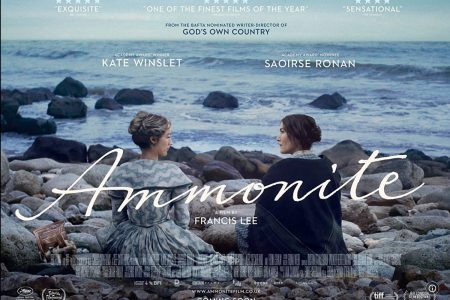
About half way into “Ammonite”, the second film of British filmmaker Francis Lee, there is a scene that lays the groundwork for the shift that will come in its second half.

From the inception, “Wolfwalkers” wants you to change the way you look at things.

In the first fifteen minutes of Clea DuVall’s romantic comedy “Happiest Season”, the film has delivered a slew of well-worn tropes that align it with a long and storied line of similar romantic comedies and holiday films.
The ePaper edition, on the Web & in stores for Android, iPhone & iPad.
Included free with your web subscription. Learn more.